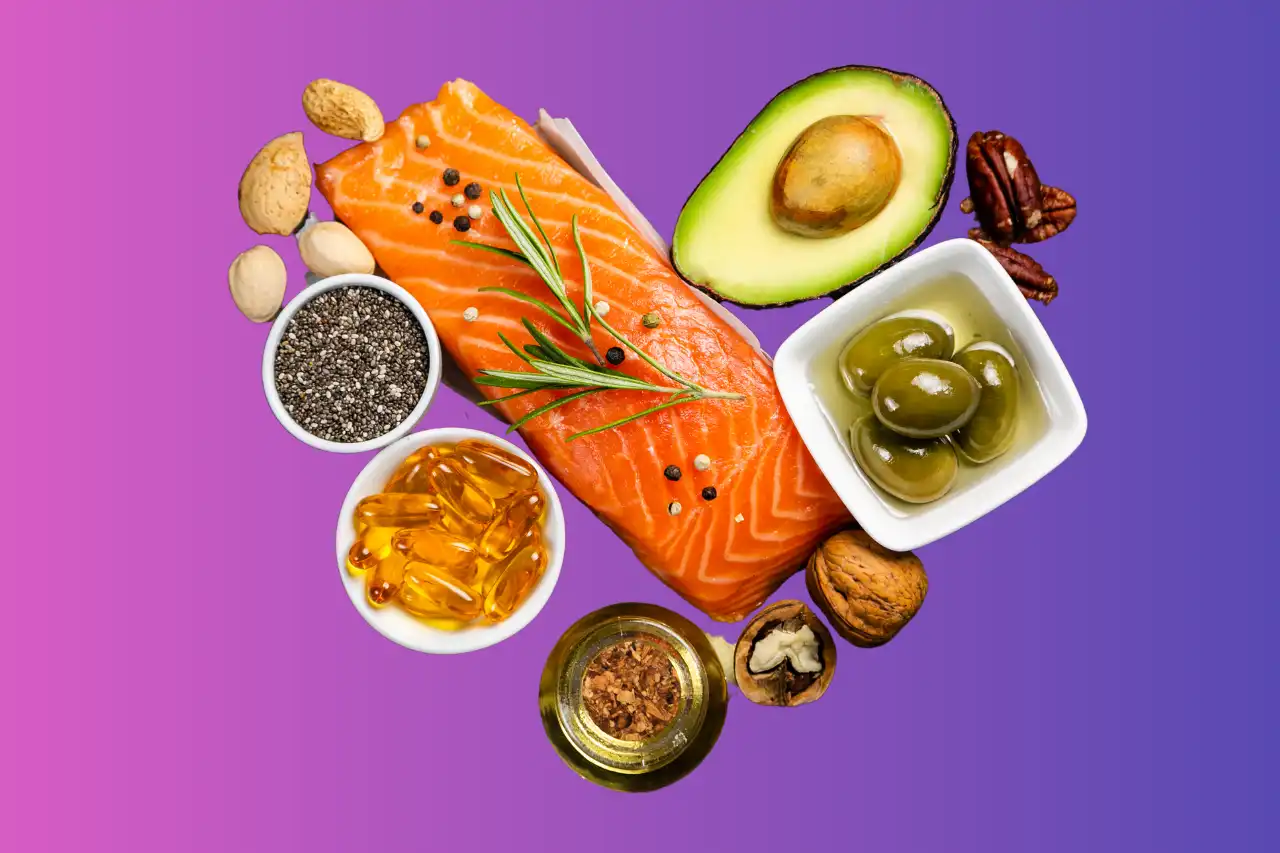-: SATURATED FAT :-
SATURATED FAT – FRIEND OR FOE…?
Saturated fat is a type of dietary fat that is primarily solid at room temperature. It is composed of single bonds between carbon atoms, making it more stable than unsaturated fats. Found mainly in animal-based foods and some plant oils, saturated fats have long been debated in nutrition due to their potential impact on heart health.
Daily Requirements
While there is no strict daily requirement for saturated fat, health experts recommend limiting its intake to less than 10% of daily calories:-
Children
- Infant (0-12 months) :- No specific recommendation, but essential fats are needed for brain development.
- Children (1-3 years) :- Around 30-40% of total calories from fat, including saturated fat.
Teens to Adults
- Teens (4-18 years) – 25-35% of total calories from fat.
- Adults 19+ years – 20-35% of total calories from fat, with saturated fat intake below 10%.
Function on different Organ
- Brain
Details
Saturated fat is a crucial component of brain cell membranes and helps with neurotransmitter function. It supports brain structure and function, aids in the production of myelin, which insulates nerve cells and enhances signal transmission. It Also provides an energy source for brain activity and supports cognitive function when consumed in moderation.
- Heart
Details
It influences cholesterol levels and cardiovascular function. Also this fat provides an energy source for heart muscle function and supports the production of certain lipids essential for cellular function. Excessive intake may raise LDL (“bad” cholesterol) levels, potentially increasing the risk of heart disease, making moderation important.
- Liver
Details
Saturated fat plays a role in liver metabolism and bile production. It also helps in the production of bile, which is necessary for fat digestion. Supports liver cell membrane integrity. Excessive intake can contribute to fatty liver disease, so balance is key.
- Kidneys
Details
It helps to maintain kidney cell structure and function. It supports kidney cell membrane integrity. Also helps in the regulation of electrolytes and fluid balance. Excessive consumption can lead to kidney stress, particularly in those with pre-existing kidney disease.
- Ovaries
Details
Saturated fat is essential for hormone production, particularly estrogen and progesterone. It supports reproductive health and menstrual cycle regulation, maintaining optimal levels of estrogen, which is crucial for fertility. Thus Plays a role in maintaining healthy ovary function.
Symptoms incase of Deficiency
- Dry, flaky skin.
- Impaired brain function and memory issues.
- Hormonal imbalances.
- Increased cravings for fatty foods.
- Weak immune system.
Diagnosis
There is no direct test for saturated fat deficiency, but lipid profile tests, including total cholesterol, LDL (bad cholesterol), HDL (good cholesterol), and triglycerides, can indicate if fat intake is insufficient or excessive.
Food Sources
Veg Sources
- Oil
- Palm oil.
- Coconut oil.
- Dairy products
- Butter.
- Cheese.
- Whole milk.
- Yogurt.
- Others
- Dark chocolate
Non-Veg Sources
- Red meat
- Beef.
- Pork.
- Lamb.
- Processed meats
- Sausages.
- Bacon.
- Salami.
- Full-fat dairy
- Butter.
- Cream.
- Cheese.
- Other
- Poultry skin.
What if Overconsumption
Excessive consumption of saturated fat may result into:-
- Increased LDL cholesterol levels, raising the risk of heart disease.
- Weight gain and obesity.
- Higher risk of developing type 2 diabetes.
- Liver fat accumulation.
- Inflammation in the body.
Saturated fat is an essential part of a balanced diet but should be consumed in moderation. Choosing healthy sources like dairy, coconut oil, and lean meats while limiting processed foods can help maintain overall well-being. The key is balance—too little can impact hormonal and brain function, while too much can increase health risks. A mindful approach to saturated fat intake ensures long-term health and vitality...!!!



